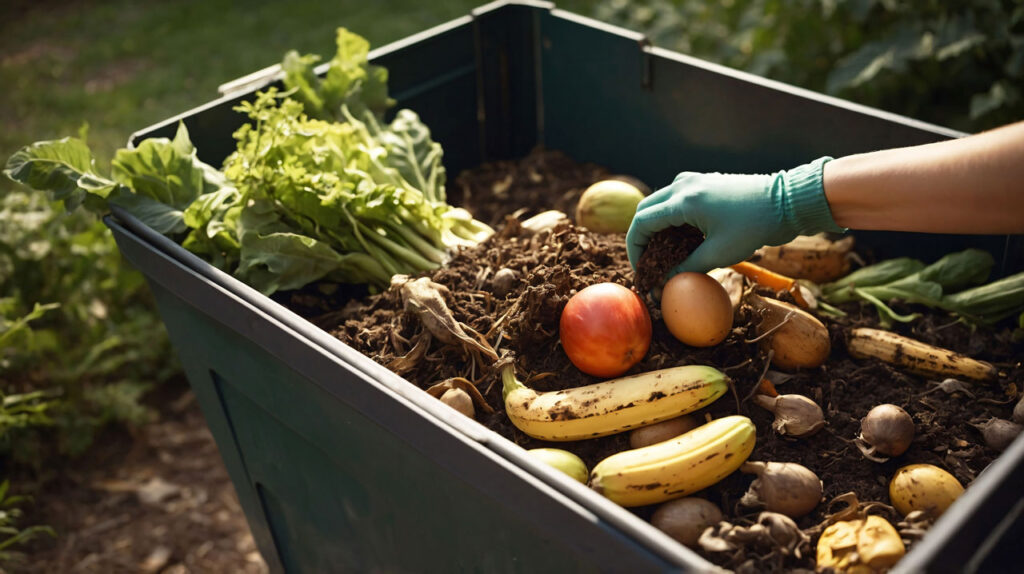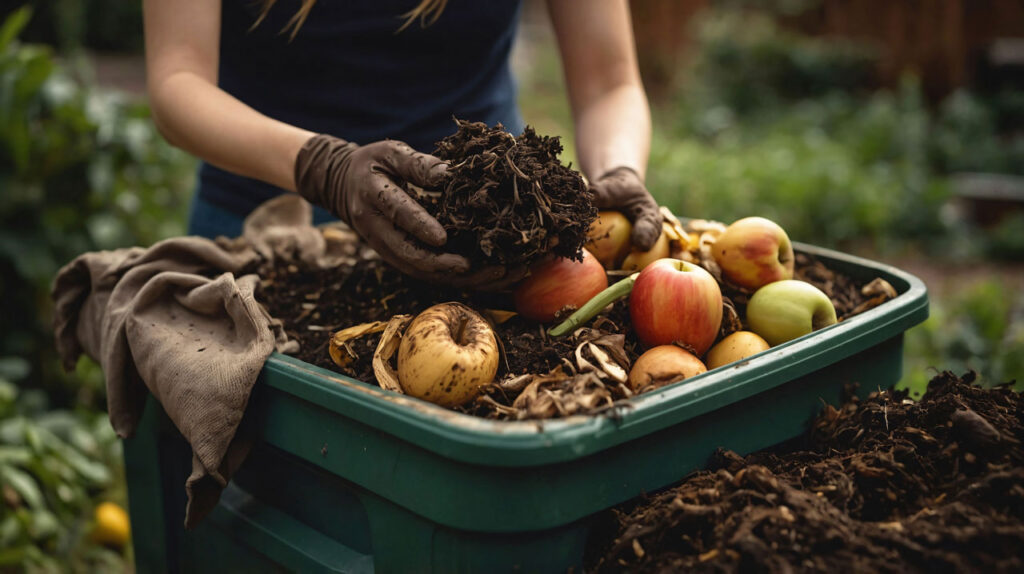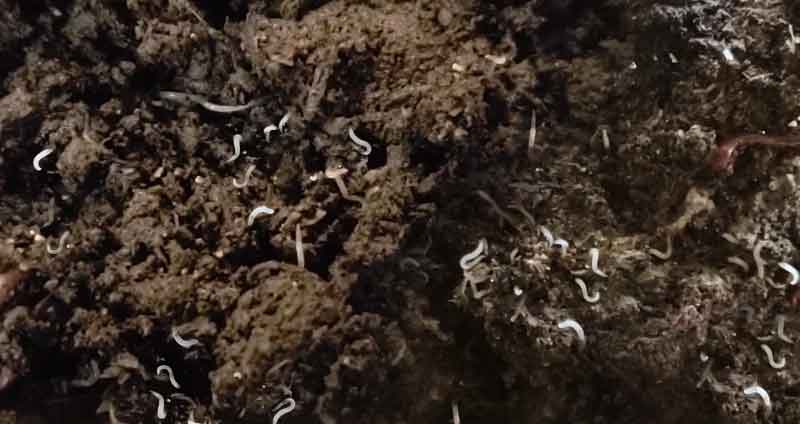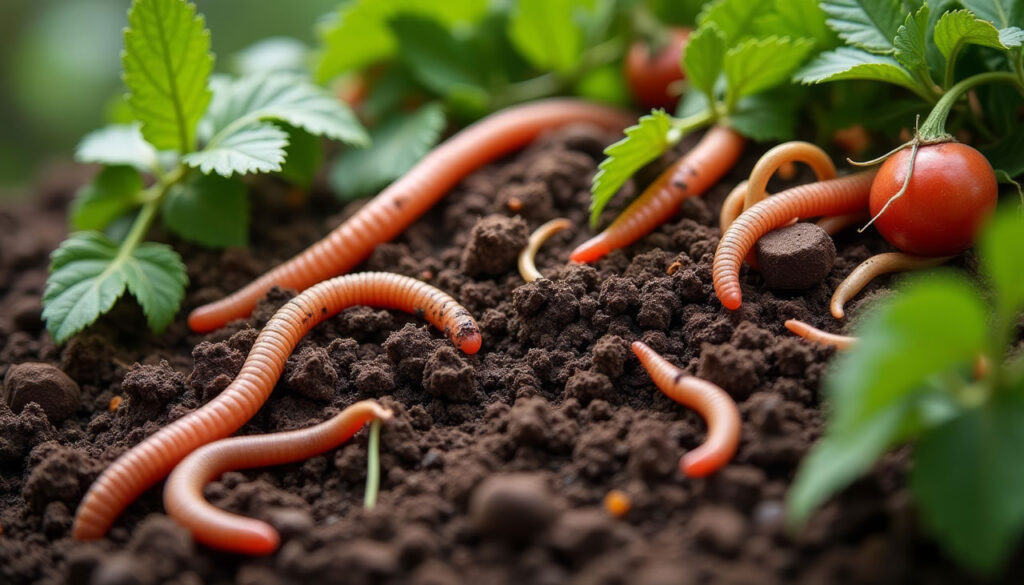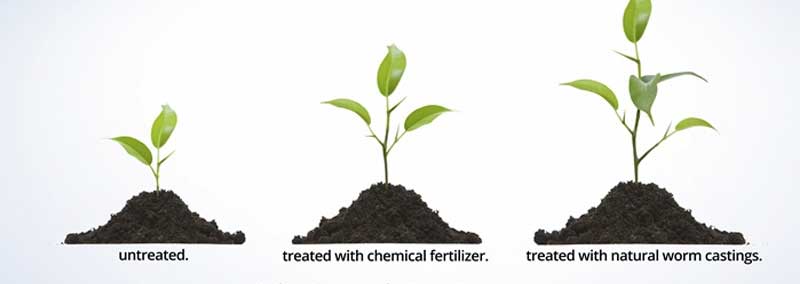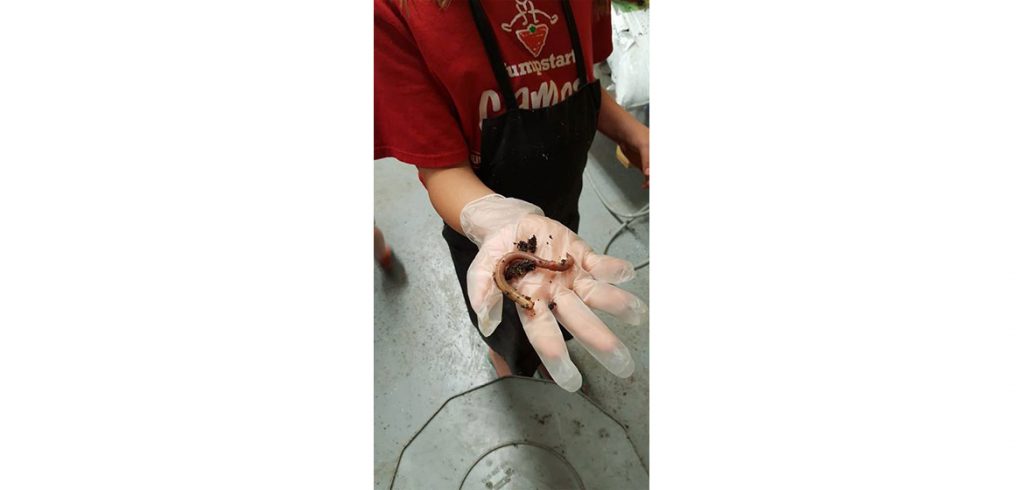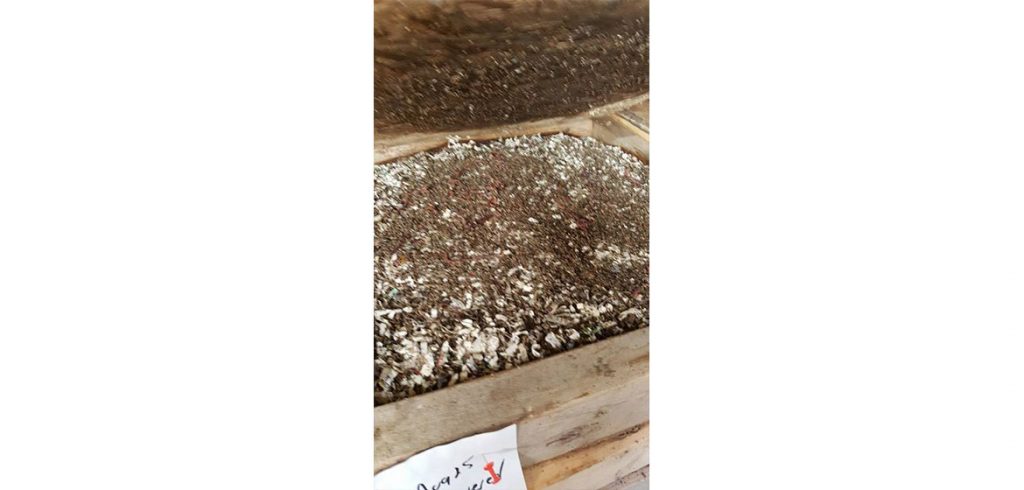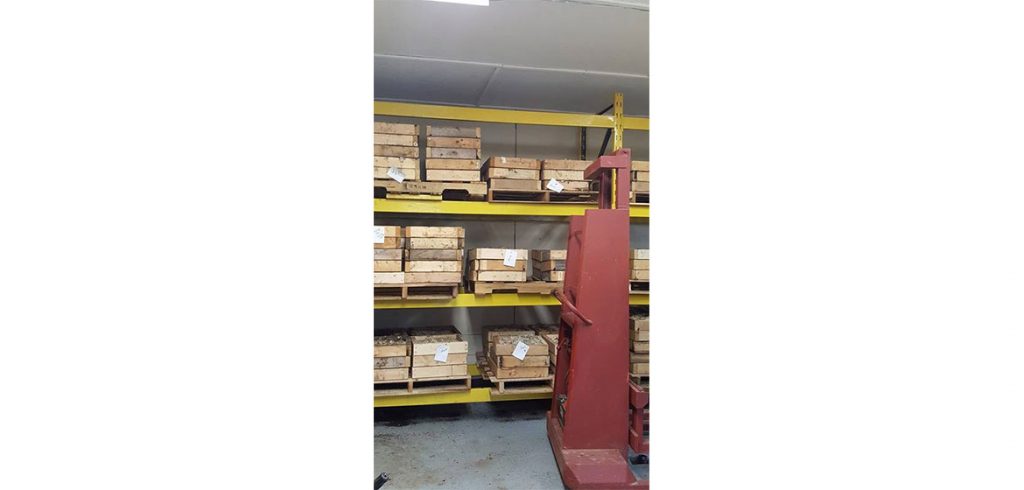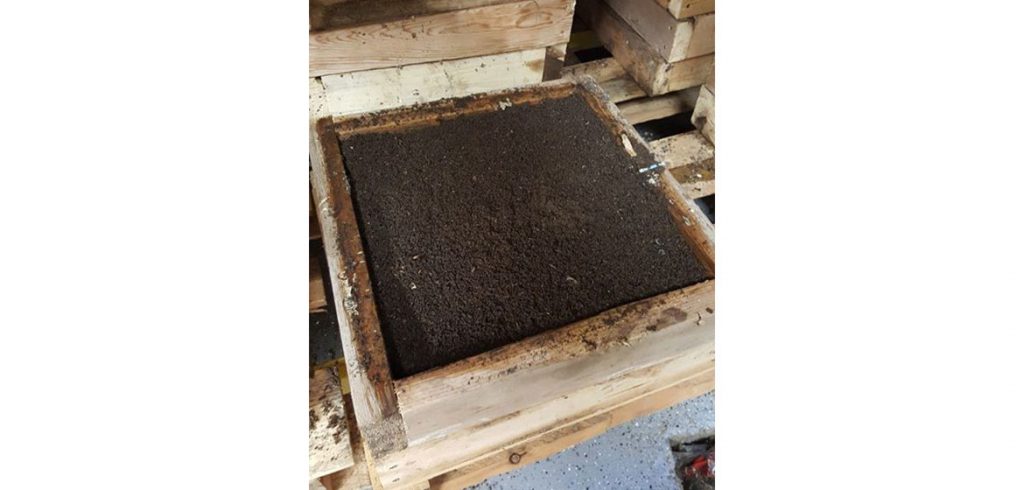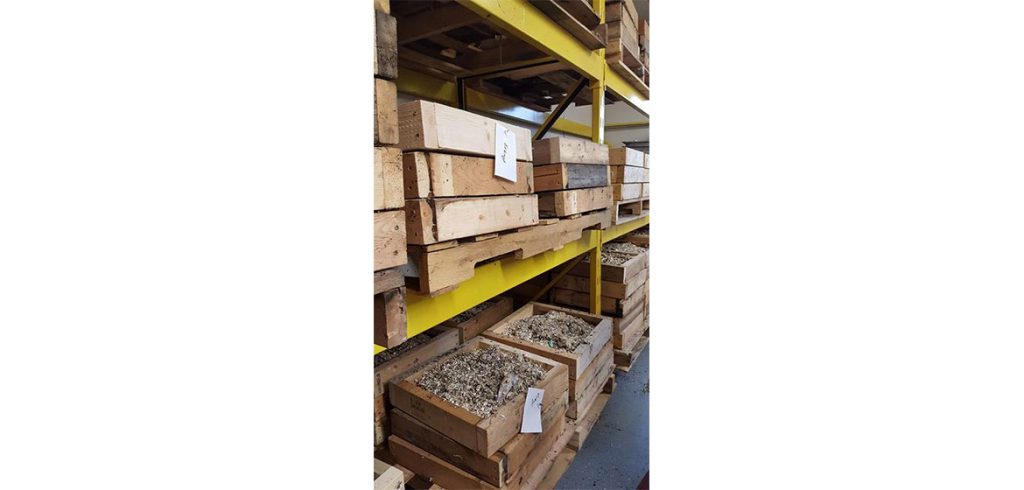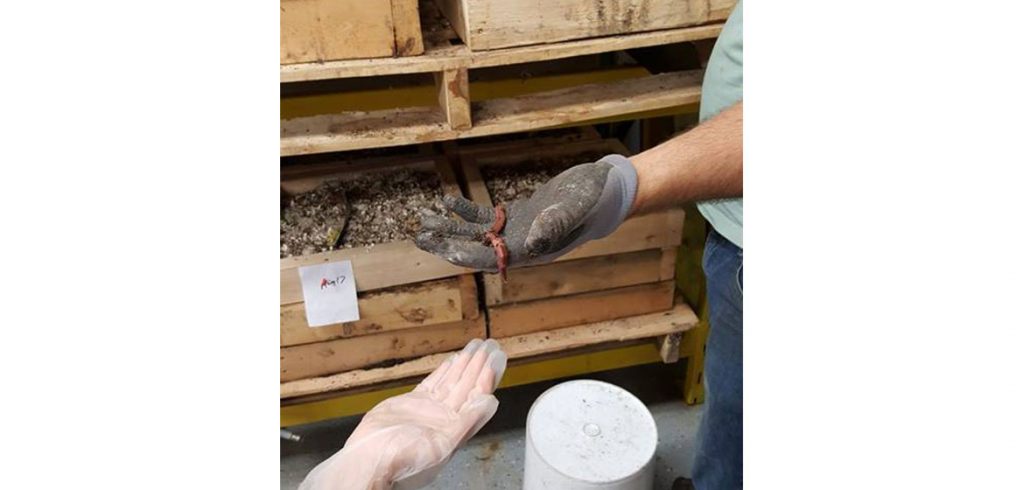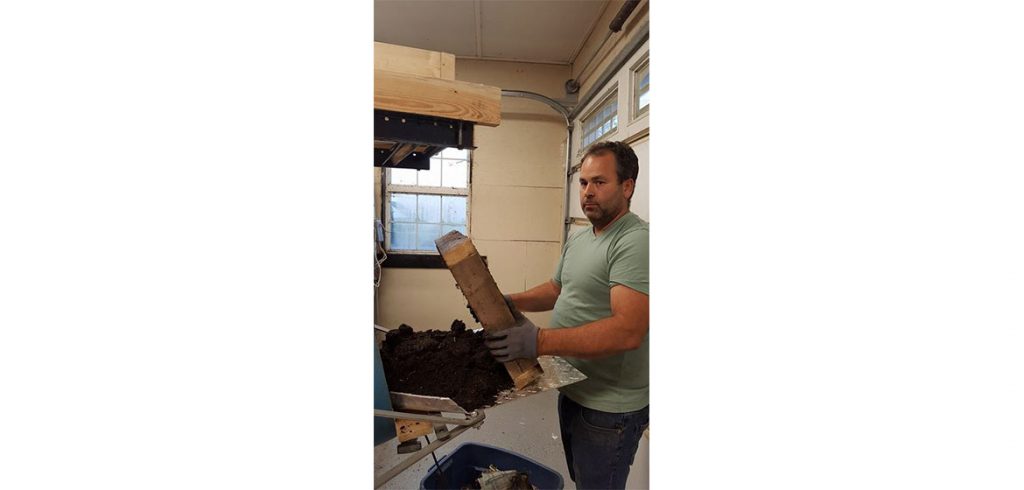I’m Brand New to Vermicomposting: How Do I Start?
Welcome to vermicomposting! If you’re new to this process, don’t worry—it’s easier than it sounds. Vermicomposting uses worms to break down food scraps, turning them into nutrient-dense compost. To start, you’ll need a bin (a plastic container with ventilation holes works well), some bedding material like shredded newspaper, and composting worms (red wigglers are best). […]
I’m Brand New to Vermicomposting: How Do I Start? Read More »

